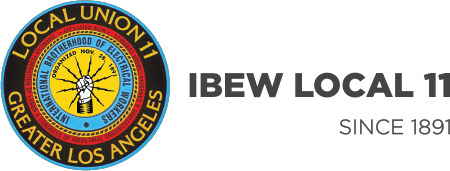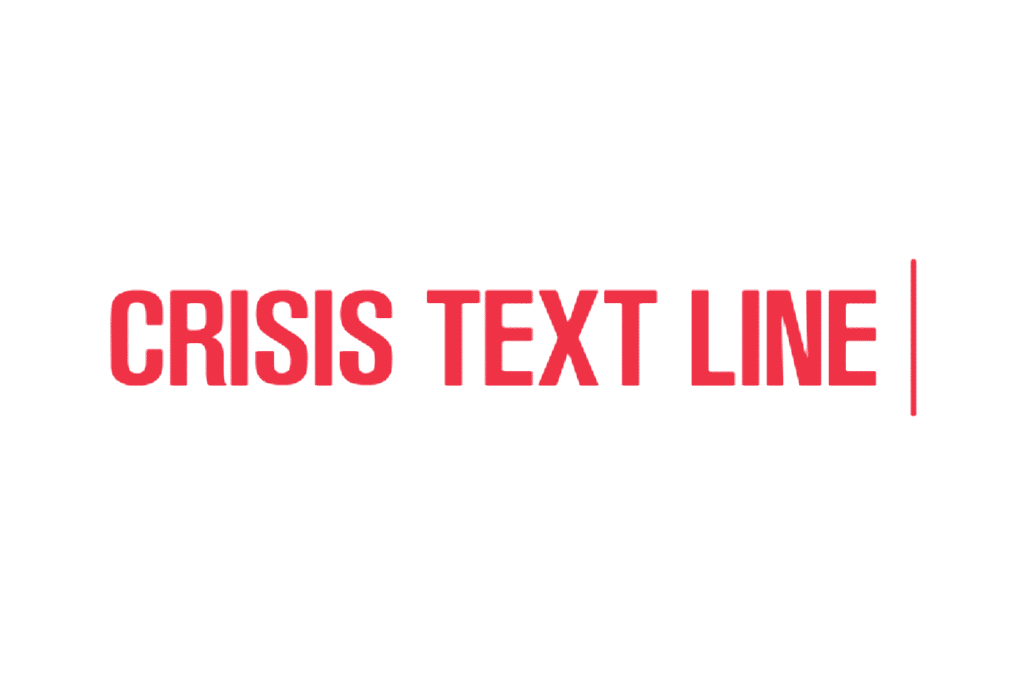
It’s OK to Not Be OK
Making Mental Health a Top Priority
The most crowded job site can feel like the loneliest place for a union Brother or Sister struggling in solitude with their mental wellbeing or battling to overcome substance abuse in self-imposed isolation.
Any member suffering mental distress or the effects of alcohol or drug addiction needs to know first and foremost that they are not alone. It’s OK to not be OK.
We want every struggling Brother and Sister to get the support and treatment they need to acknowledge and manage their mental wellbeing, overcome the stigma of asking for help, and plot a personal path to recovery.

The Staggering Statistics
The need is so urgent because the statistics are so staggering.
More construction workers die by suicide than from job site injuries or accidents. Compared to the national average, a person working in construction is 3.5 times more likely to take their own life. The construction industry was ranked the 7th worst for mental health among 22 industries, and while one in five workers will receive a mental health diagnosis, less than 50 percent will seek support.
These are serious mental and physical issues with devastating real-life consequences whose roots run deep and are always deeply personal.
Adding to this crippling combination of high physical and mental stress is the self-imposed stigma many members associate with first admitting they need help and then asking for it. This shows just how at-risk construction workers are and is a primary factor in why they suffer from a drug and alcohol addiction rate more than double the national average.
We Are Family
We a family whose Brothers and Sisters are always ready to pull each other up. When you’re struggling and need help, reach out.
And, if you see a Brother and Sister struggling, start a conversation. Sometimes someone simply knowing someone else sees them can make all the difference.
Recovery Resources

988 Suicide & Crisis Lifeline
988 offers 24/7 access to trained, mental health crisis counselors. You can also access their online Lifeline Crisis Chat.
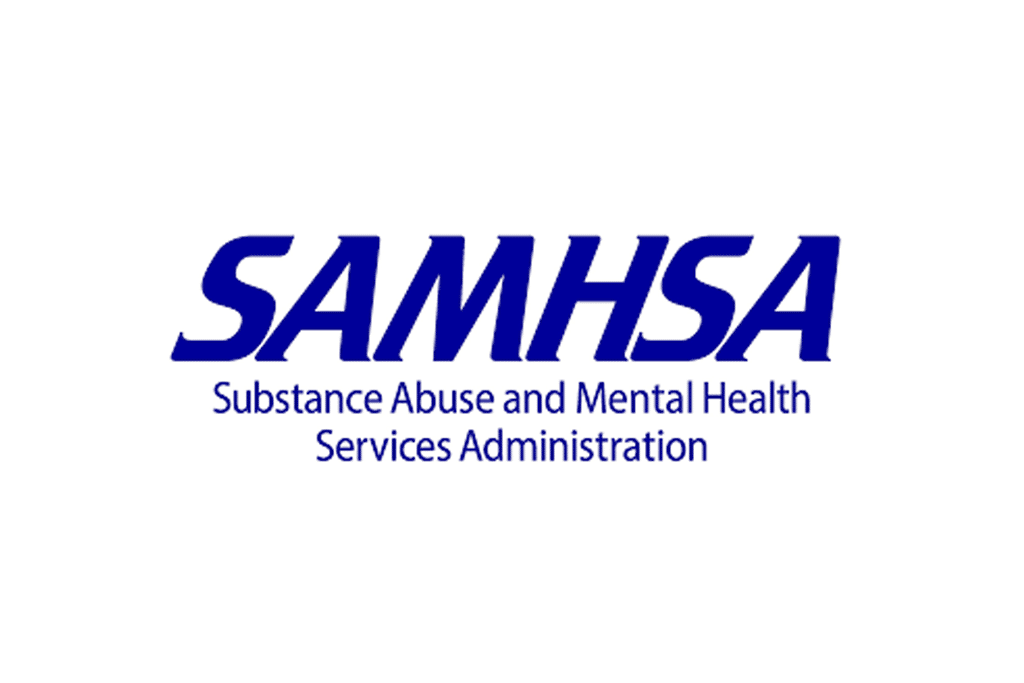
Substance Abuse and Mental Health Services Administration (SAMSHA) Hotline
1-800-662-HELP (4357). SAMSHA is U.S. Department of Health and Human Services agency dedicated to improving the lives of individuals living with mental and substance use disorders, and their families.
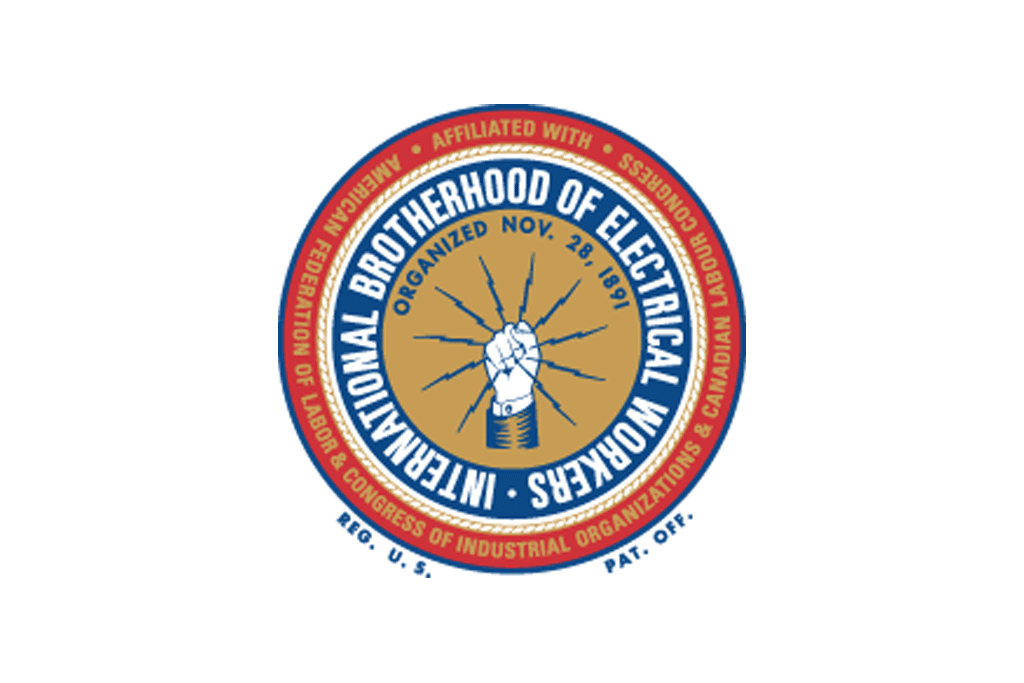
Members Assistance Program
IBEW’s MAP program is free to members and can help with family counseling, legal advice, financial advice, and more. MPA is completely confidential. Members can access MAP by calling 877/225-2267 or at www.liveandworkwell.com Access code: SCIBEW.

Med Expert
988 offers 24/7 access to trained, mental health crisis counselors. You can also access their online Lifeline Crisis Chat.
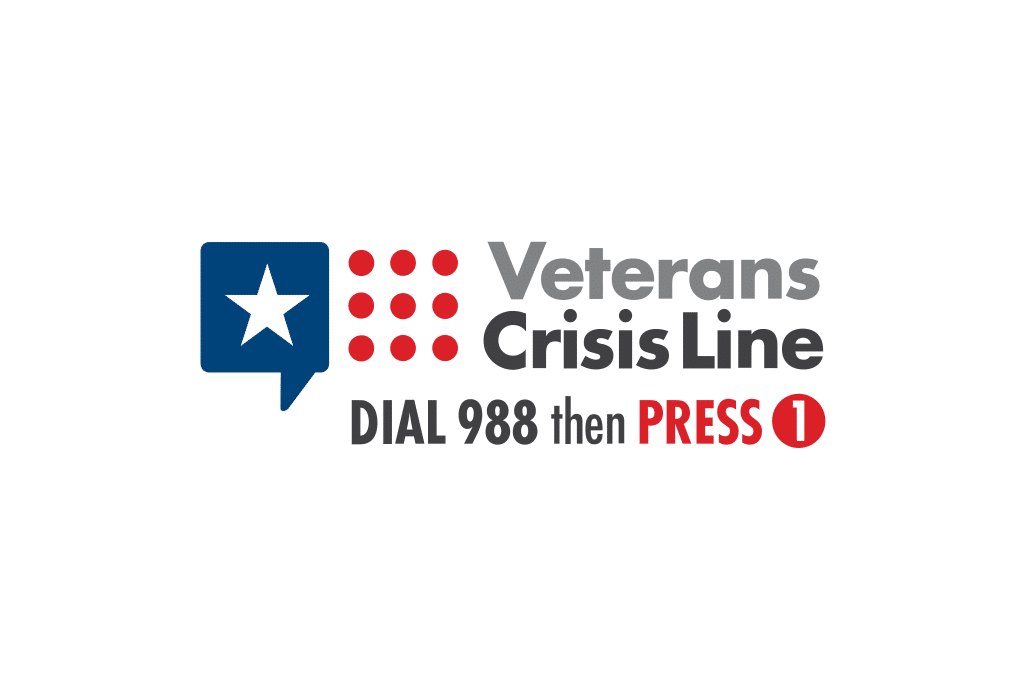
Veterans Crisis Line
Text 838255. You’ll be connected to a real person qualified to support veterans. It’s free, confidential support 24/7, 365 days a year.

Local 11 Recovery Group
In these open forums members come together every month to share and learn from those who have overcome similar physical and psychological battles.
The Staggering Statistics
- Roughly 15 percent of tradespeople struggle with substance abuse, twice the rate of the general population.
- The building trades make up about 7 percent of the U.S. workforce but account for 16 percent of opioid overdoses.
- The construction industry has one of the highest suicide rates of any profession, with male construction workers’ suicide rate 75 percent higher than that of men in the general population. In 2022 alone, an estimated 6,000 construction workers died by suicide – six times the number of workers who died from job-related injuries.
- A survey on mental health in the construction industry by Equipment World found that 73% of respondents knew someone who had died by suicide and 46% know someone who survived a suicide attempt.
- Construction workers suffer some of the highest rates of anxiety and depression and the lowest rates of seeking help. A 2024 North America’s Building Trades Unions study found that just 5 percent of trades workers had consulted a mental health professional, compared to 22 percent for the general population.
- The demands of union work are especially fertile soil for mental health and substance abuse struggles. Long commutes to job sites, extended time away from family, chronic pain from backbreaking work, the demands and expectations of exacting work that require perfection, and feast-or-famine job schedules that feed financial stress all contribute to a toxic combination where individual stressors can quickly snowball into overwhelming, life-encompassing events.
